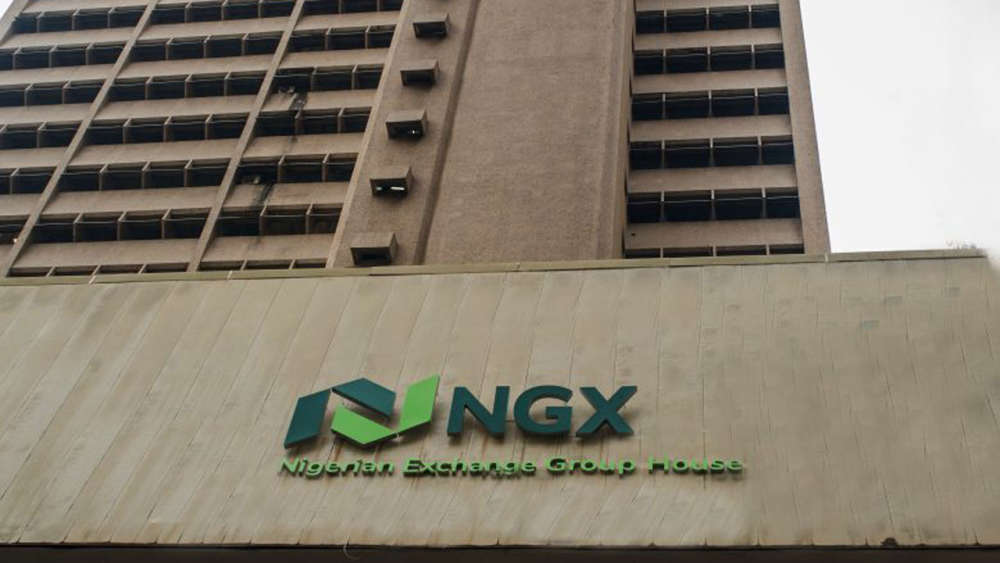
The Africa Finance Corporation (AFC) and Nigerian Exchange Limited (NGX) are stepping up efforts to close Nigeria's infrastructure deficit, estimated at more than US$2.3 trillion by 2043.
Both institutions have concluded a two-day capacity-building workshop on strengthening the financial and technical skills needed to deliver bankable, long-term projects.
The programme, held in Lagos from November 17 to 18, brought regulators, institutional investors, project sponsors, and financial institutions together.
Participants examined how Nigeria’s capital markets can evolve into a stronger engine for infrastructure financing, particularly by mobilising domestic long-term capital.
AFC Head of Financial Services, Banji Fehintola, said local expertise and stronger market structures are central to unlocking large-scale financing.
“Nigeria’s capital markets can and must play a pivotal role in mobilising domestic resources required to drive the country’s long-term development,” he noted.
Sessions covered core elements of infrastructure finance, including project structuring, risk allocation, and credit enhancement.
The workshop also explored emerging tools such as green bonds, infrastructure REITs, blended-finance models, and partial risk guarantees.
Facilitators said these mechanisms can expand the pipeline of investable projects.
NGX CEO Jude Chiemeka harped on the need for deeper technical knowledge across the market ecosystem.
Through NGX’s X-Academy, practitioners are being equipped to originate and manage infrastructure assets that meet global investment standards, he said.
The AFC and NGX are believed to be planning further initiatives aimed at translating insights into practical, market-led financing solutions for priority infrastructure across Nigeria.
The Gap
Some analysts at the Nigerian Economic Summit Group estimate that Nigeria will need about $2.3 trillion between 2020 and 2043 to close its infrastructure gap.
Other long-term projections place the deficit as much as $3 trillion over the next 30 years.
On an annualised basis, past estimates had suggested Nigeria needs roughly $80 billion per year over a decade to meaningfully address the backlog.
These are numbers far beyond what public budgets or traditional borrowing can cover on their own.
The financing shortfall is driven by a combination of systemic problems, including low public funding, reliance on volatile revenue sources like oil, weak private sector mobilization, and governance challenges.


